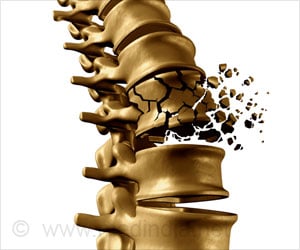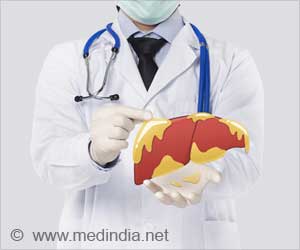Nucleic Acid Testing (NAT), a test approved by the Food and Drug Authority of the US, for screening of Human Immunodeficiency Virus (HIV 1), Hepatitis B (HBV) and Hepatitis C (HCV) virus in donated blood, is being popularised in India by Hemogenomics, a company promoted by eminent persons.
The NAT is a direct test where it actually detects the viral nucleic acid (RNA/DNA). “Being a direct test it reduces the window of detection for the three viruses HIV 1, HBV and HCV, from the current available serological (ELISA) tests. NAT combines the advantages of direct detection of the organism with sensitivity several orders of magnitude higher than that of traditional methods. The screening of blood for infectious markers (anti HIV 1 & 2, anti HCV and HBsAg) is done using Government approved test kits (Elisa or Rapid Kits),” says Sumit Bagaria, president, Hemogenomics.However, despite these efforts, residual risk of transfusion-transmitted infections remains because of donors in the pre-seroconversion (window period), viral variants, non-seroconverting (immunosilent) or delayed seroconverting carriers (atypical seroconversion). “Performing NAT along with serological testing can reduce this residual risk to a great extent because it involves highly specific detection of an infectious agent with much higher sensitivity,” Bagaria explains.
NAT has been reported to detect infections earlier than serological testing by reducing the window period for HIV by 10-15 days, for HCV by 41-60 days, and by 17 -20 days earlier than serological tests in case of HBV.
Experts says that given the high rate of sero-positivity of HIV, HCV and HBV in India and keeping in mind the high percentage of first time and replacement donors, it is likely that adding NAT to the current screening tests will have a very significant reduction in Transfusion Transmitted Infections making our blood safer.
According to Bagaria, “a look at the NAT experience of various countries in the South East Asia region shows that every country has benefited from this technology. In Singapore, among the 466,779 samples tested by NAT since October 2000 doctors were able to pick 9 HCV and 10 HBV NAT yield samples (1 in 24,567). Similarly in Thailand, Hong Kong and in Korea the NAT yield rate is 1 in 11, 676, 1 in 202,500 and 1 in 1, 46,628 respectively.”
In India, the Indraprastha Apollo Hospitals, in the Capital City New Delhi has taken the initiative for NAT implementation for the first time in the country. In the first nine months of implementing NAT, they were able to pick five (3 HBV and 2 HCV) NAT yield samples among 13,331 samples tested (1 in 2,666).
Advertisement
A spokesperson of Hemogenomics says that NAT is being effectively utilised in Australia, Indonesia, Hong Kong, Korea, Malaysia, New Zealand, Singapore, Thailand, Japan, Europe, Middle East, Africa, France, Germany, Israel, Italy, Spain, Switzerland, UK, America, Brazil, Caribbean, Canada and a host of other nations.
Advertisement
SK/J





